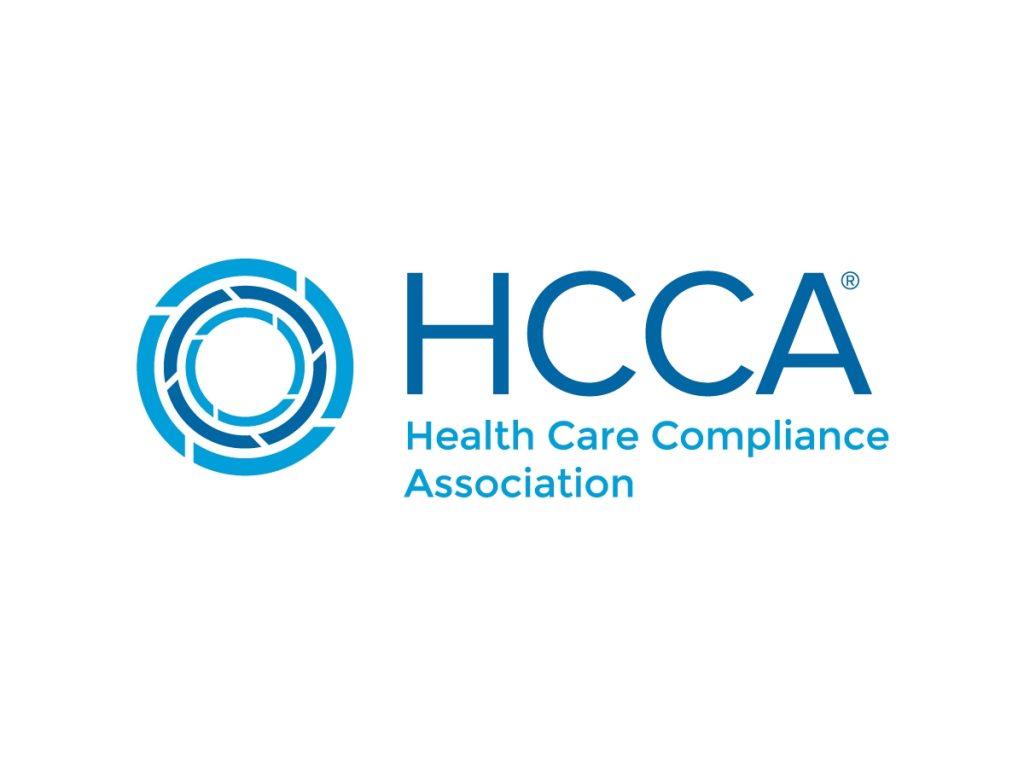Listen to the article
Recent months have seen a flurry of activity surrounding the False Claims Act (FCA), with the federal government launching multiple initiatives to expand its application across various sectors. Despite its Civil War-era origins, the FCA continues to evolve as a primary tool for combating fraud against the government.
Joshua Drew, a former federal prosecutor and chief compliance officer who currently serves as a Member at Miller & Chevalier, notes that the statute has been particularly active in 2023, with several significant developments that compliance professionals should monitor closely.
In May, the administration announced the Civil Rights Fraud Initiative, a novel approach that seeks to leverage the FCA against recipients of federal funding whose diversity, equity, and inclusion (DEI) programs allegedly violate antidiscrimination laws. This represents a significant expansion of the FCA’s traditional scope beyond procurement fraud and false billing practices.
The initiative signals increased scrutiny of organizations receiving federal dollars, particularly universities, healthcare systems, and government contractors that maintain DEI programs. Legal experts suggest this could create new compliance risks for organizations that previously viewed their diversity initiatives as separate from FCA concerns.
July brought another significant development with the formation of a new working group between the Department of Justice (DOJ) and the Department of Health and Human Services (HHS). This collaboration specifically targets the healthcare and life sciences sectors, which have historically been the most prolific sources of FCA enforcement actions and settlements.
The working group has explicitly encouraged whistleblowers to file actions in several key areas, including Medicare Advantage programs, which have seen growing scrutiny over risk adjustment practices. Other focus areas include drug, device, and biologics pricing, as well as barriers to patient access—suggesting pharmaceutical pricing and patient assistance programs may face increased legal challenges.
Following this healthcare initiative, August saw the creation of a trade task force designed to encourage whistleblowing against tariff violators. This development represents yet another expansion of the FCA’s reach, now into international trade compliance issues. Companies engaged in global supply chains and import activities face heightened risks of whistleblower allegations regarding tariff classifications, country of origin declarations, and valuation practices.
These initiatives unfold against a broader backdrop of the administration’s stated commitment to identifying and fighting waste, fraud, and abuse in government programs. The government has consistently emphasized whistleblower actions as a cornerstone of this effort, with qui tam cases continuing to drive the majority of FCA recoveries.
Recent enforcement actions demonstrate the government’s willingness to pursue novel theories of FCA liability. For example, cases involving cybersecurity compliance, small business certification requirements, and COVID-19 relief programs have expanded the statute’s reach into previously untouched areas.
For compliance professionals, these developments necessitate a more comprehensive approach to FCA risk management. Organizations receiving federal funding must now evaluate compliance across a broader spectrum of operations, including areas like diversity initiatives that were previously not considered primary FCA risk zones.
Financial recoveries under the FCA continue to be substantial, with the DOJ securing over $2.2 billion in settlements and judgments in the last fiscal year. Healthcare remains the dominant sector, accounting for approximately 80% of recoveries, though the recent initiatives suggest other industries may see increased enforcement activity.
The statute’s whistleblower provisions, which allow individuals to file lawsuits on behalf of the government and receive a percentage of any recovery, continue to drive enforcement. Last year, whistleblowers initiated over 700 new qui tam cases, highlighting the enduring power of these incentives in identifying potential fraud.
As these new initiatives gain momentum, organizations would be wise to review their compliance programs with an eye toward these expanding risk areas and ensure that internal reporting mechanisms can effectively address potential whistleblower concerns before they reach government enforcement agencies.
Fact Checker
Verify the accuracy of this article using The Disinformation Commission analysis and real-time sources.




11 Comments
This is an important development for companies to be aware of, as the government looks to use the FCA to combat perceived discrimination in DEI programs. It will be crucial for organizations to stay on top of these evolving regulations.
Absolutely. The stakes are high, and companies will need to tread carefully to avoid potential liability.
The Civil Rights Fraud Initiative represents a significant expansion of the FCA’s scope. It will be interesting to see how this plays out in practice and what kinds of challenges or issues arise for organizations.
The FCA continues to evolve as an important tool for combating fraud against the government. It will be crucial for compliance professionals to stay on top of these latest updates and developments.
The Civil Rights Fraud Initiative is a notable expansion of the FCA’s scope. It suggests increased scrutiny of DEI programs, particularly for universities and government contractors. Companies will need to ensure their programs comply with antidiscrimination laws.
That’s a good point. Organizations receiving federal funding will need to carefully review their DEI initiatives to avoid potential FCA liability.
This is an interesting area to watch, as the government looks to leverage the FCA in new ways beyond traditional procurement fraud. It could have significant implications for a range of industries and organizations.
Agreed. The expansion into DEI programs is a notable shift that companies will need to navigate carefully.
This is a complex issue, as the government seeks to use the FCA to address a wide range of perceived misconduct. Compliance teams will need to be proactive in understanding and addressing these new developments.
Interesting developments in the False Claims Act. It will be important for companies to closely monitor compliance as the government looks to expand its use beyond traditional procurement fraud.
The False Claims Act has a long history, but it’s clear the government is finding new ways to apply it. Compliance teams will need to be diligent in ensuring their organizations are fully compliant with the latest requirements.